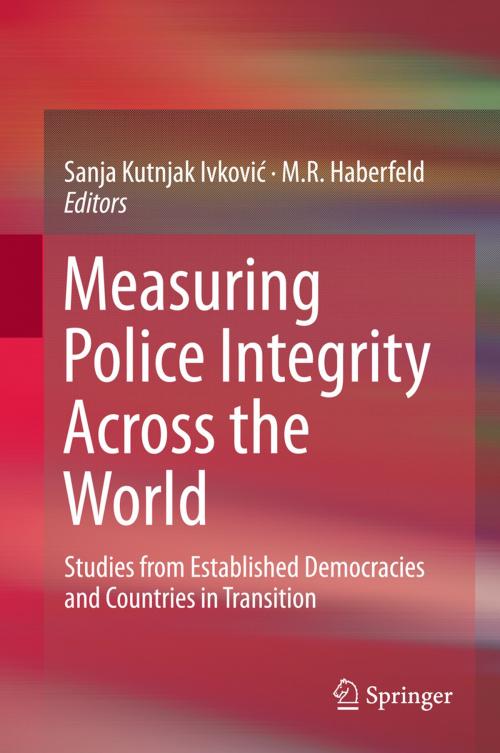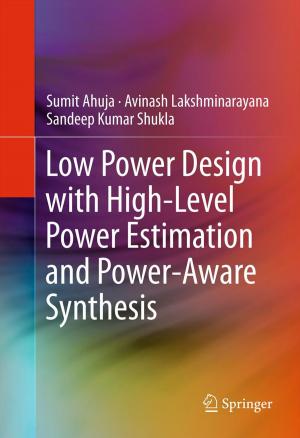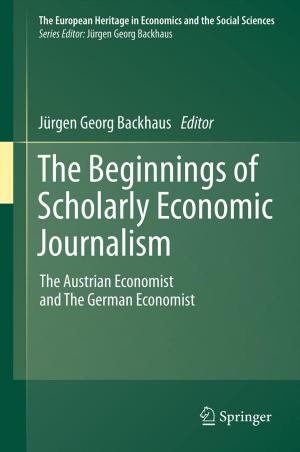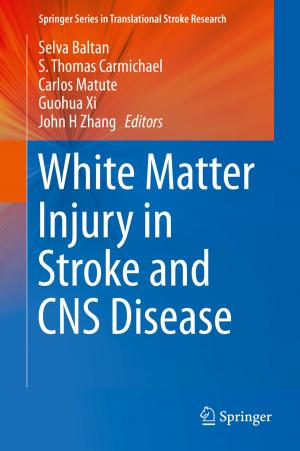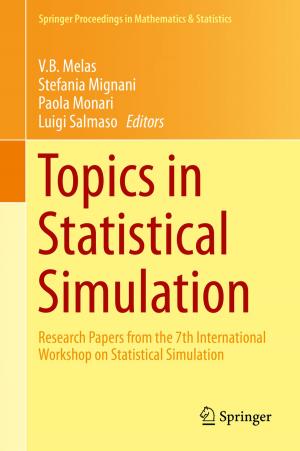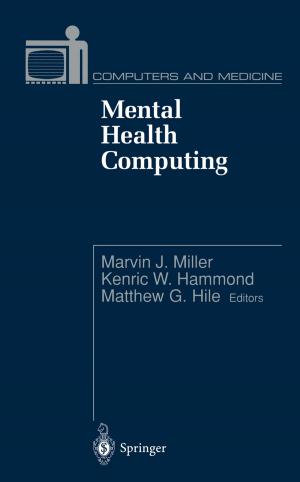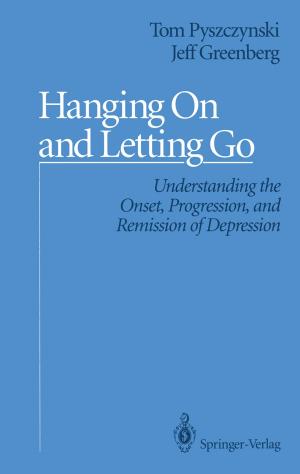Measuring Police Integrity Across the World
Studies from Established Democracies and Countries in Transition
Nonfiction, Reference & Language, Law, International, Social & Cultural Studies, Social Science, Crimes & Criminals, Criminology| Author: | ISBN: | 9781493922796 | |
| Publisher: | Springer New York | Publication: | June 10, 2015 |
| Imprint: | Springer | Language: | English |
| Author: | |
| ISBN: | 9781493922796 |
| Publisher: | Springer New York |
| Publication: | June 10, 2015 |
| Imprint: | Springer |
| Language: | English |
This book brings together research on police integrity on regions worldwide. The results for each country indicate whether police officers know the official rules, how seriously they view police misconduct, what they think the appropriate and expected discipline for misconduct should be, and how willing they are to report it. Police misconduct refers to everything from corruption and use excessive force, to perjury, falsification of evidence, and failure to react. Police Integrity and police misconduct are topics of great concern worldwide. Police integrity is envisioned as the inclination to resist temptations to abuse the rights and privileges of police occupation. Using their extensive experience studying police integrity in the United States, the editors have created an applicable framework for measuring police integrity in other countries. The results of their research are brought together in this timely volume, including contributions from both established democracies and countries in transition, which each present unique challenges for improving police integrity. Each chapter follows the same format and contains a theoretical analysis of the relevant legal, historical, political, social, and economic conditions in the country, followed by the analyses of empirical results and policy recommendations. In the last chapter, editors Kutnjak Ivković and Haberfeld take a comparative look across the countries by engaging in the in-depth comparative analysis. This work will be of interest to researchers and policy-makers studying policing both in the United States and internationally, presenting a theoretical framework that can be applied to other regions for further research.
This book brings together research on police integrity on regions worldwide. The results for each country indicate whether police officers know the official rules, how seriously they view police misconduct, what they think the appropriate and expected discipline for misconduct should be, and how willing they are to report it. Police misconduct refers to everything from corruption and use excessive force, to perjury, falsification of evidence, and failure to react. Police Integrity and police misconduct are topics of great concern worldwide. Police integrity is envisioned as the inclination to resist temptations to abuse the rights and privileges of police occupation. Using their extensive experience studying police integrity in the United States, the editors have created an applicable framework for measuring police integrity in other countries. The results of their research are brought together in this timely volume, including contributions from both established democracies and countries in transition, which each present unique challenges for improving police integrity. Each chapter follows the same format and contains a theoretical analysis of the relevant legal, historical, political, social, and economic conditions in the country, followed by the analyses of empirical results and policy recommendations. In the last chapter, editors Kutnjak Ivković and Haberfeld take a comparative look across the countries by engaging in the in-depth comparative analysis. This work will be of interest to researchers and policy-makers studying policing both in the United States and internationally, presenting a theoretical framework that can be applied to other regions for further research.
